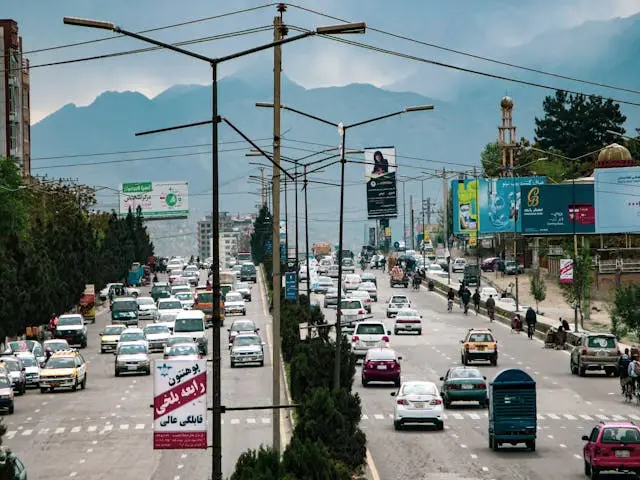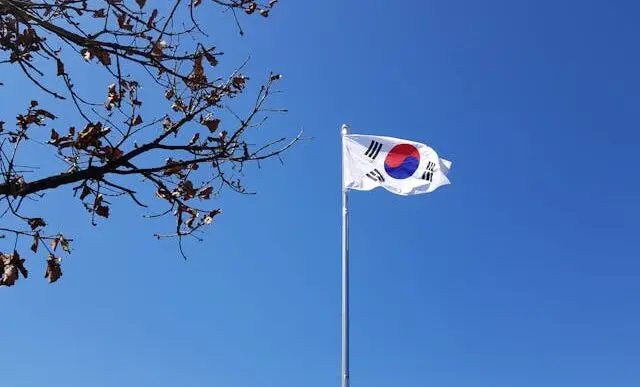Taliban’s New Directive Hits Women’s Medical Education
In a move that has drawn international criticism, the Taliban regime has issued a new directive barring women from studying in medical institutions, effectively dashing their hopes of pursuing careers in nursing and midwifery. This move reiterates the militant group’s hardline stance on women’s rights and their access to education, marking a significant setback for female empowerment in Afghanistan.
The decision comes amid the Taliban’s efforts to consolidate their power in Afghanistan, following their swift takeover of the country after the withdrawal of U.S. troops. Despite assurances that they would respect women’s rights under an “Islamic framework,” the new ruling raises concerns about the future prospects for women in the country.
A Blow to Women’s Access to Higher Education
The ban on women’s access to medical education is a severe blow to a nation already grappling with a severe shortage of healthcare personnel. Before the Taliban’s takeover, women constituted a significant portion of the medical workforce, especially in the fields of nursing and midwifery. Their exclusion from these areas not only diminishes women’s societal roles but also exacerbates the health crisis in the country.
Modern medical education in Afghanistan has been a force for change and progress, particularly for women. Medical institutions provided not just skills and knowledge, but also the opportunity for women to contribute significantly to society and the economy. This progress is now under threat, with the new directive expected to have far-reaching implications for both women’s rights and the healthcare sector in Afghanistan.
The Global Response and Call for Action
The international community has responded strongly to the Taliban’s directive. Human rights organizations, governments, and international bodies have condemned the move, calling it a stark violation of women’s rights. The United Nations, along with several other international bodies, has urged the Taliban to reverse its decision, underscoring the importance of equal access to education for both men and women.
Amnesty International, a global movement that fights injustice and promotes human rights, has also expressed its concern. The organization has called on the international community to exert pressure on the Taliban to respect women’s rights, including their right to education. It has emphasized that denying women access to education is a clear violation of their fundamental human rights.
An Uncertain Future for Women in Afghanistan
The Taliban’s directive has thrown the future of thousands of Afghan women into uncertainty. Their dreams of pursuing a career in the medical field have been crushed, and their societal status has been reduced. This new ruling is a stark reminder of the Taliban’s previous regime, during which women were denied basic rights, including the right to education and work.
As the international community continues to put pressure on the Taliban to reverse its decision, it remains to be seen whether these efforts will bear fruit. Women in Afghanistan, and indeed the world over, are watching closely, hoping for a future where their rights to education and work are respected.















